 |
|
|
|
|||||||||
MOSCOW - China is the most important strategic partner of Russia and the two countries still have great potential to further their relations, Russian upper house speaker Valentina Matviyenko said Wednesday.
Matviyenko told Xinhua at a press conference that the two countries have promoted their mutual trust to "an unprecedented high level" and established "a climate of deep trust, friendship and desire for further cooperation."
"The two countries have reached consensus on most international issues and their bilateral cooperation has been deepened in all fields," Matviyenko said.
Russia attaches great importance of its cooperation with China, which would not only benefit the two peoples, but also facilitate international stability in this multi-polar world, she said.
With regards to economic cooperation between the two countries, Matviyenko believed the two could achieve the goal set by Chinese President Hu Jintao and Russian leaders for bilateral trade - to reach $100 billion in 2015 and $200 billion in 2020.
"Economic cooperation between the two has been developed successfully ... Taking into account our common wills in mutually beneficial cooperation, this goal is quite realistic," Matviyenko said.
She also noted that the two countries could further develop their cooperation in fields like investments, high-tech industries and regional cooperation.
When it comes to cooperation between Russian and Chinese parliaments, Matviyenko said the parliaments have cooperated in various fields with fruitful results.
She also highly valued people-to-people and cultural exchanges between the two countries, especially the "National Years" in 2006 and 2007, the "Years of Language" in 2009 and 2010, and the ongoing "Years of Tourism" for 2012 and 2013.
"A right direction was chosen in expanding our people-to-people and cultural ties," she said.
Wu Ying, iPad, Jeremy Lin, Valentine's Day, Real Name, Whitney Houston, Syria,Iranian issue, Sanyan tourism, Giving birth in Hong Kong, Cadmium spill, housing policy
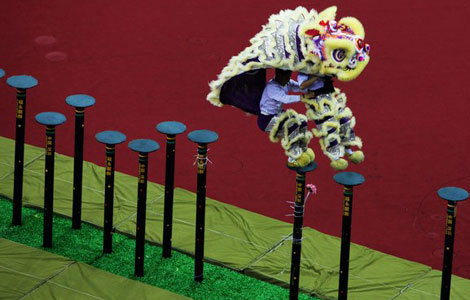
|
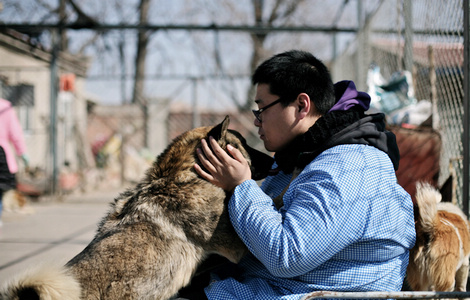
|

|
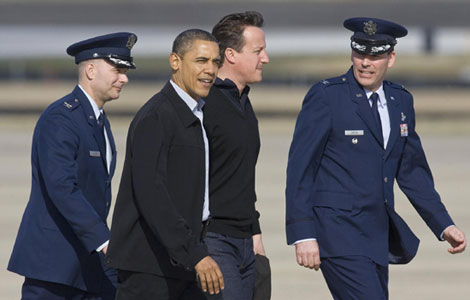
|
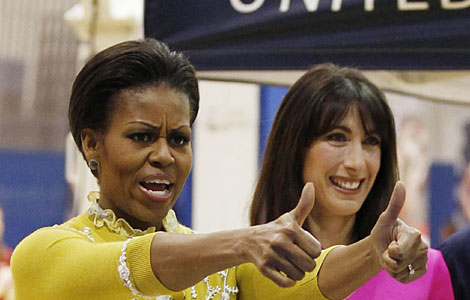
|
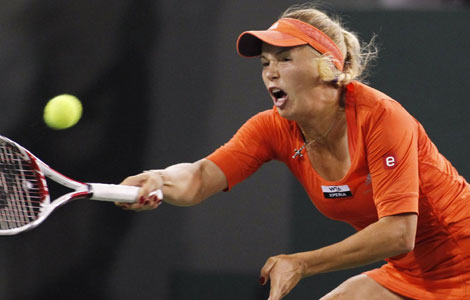
|